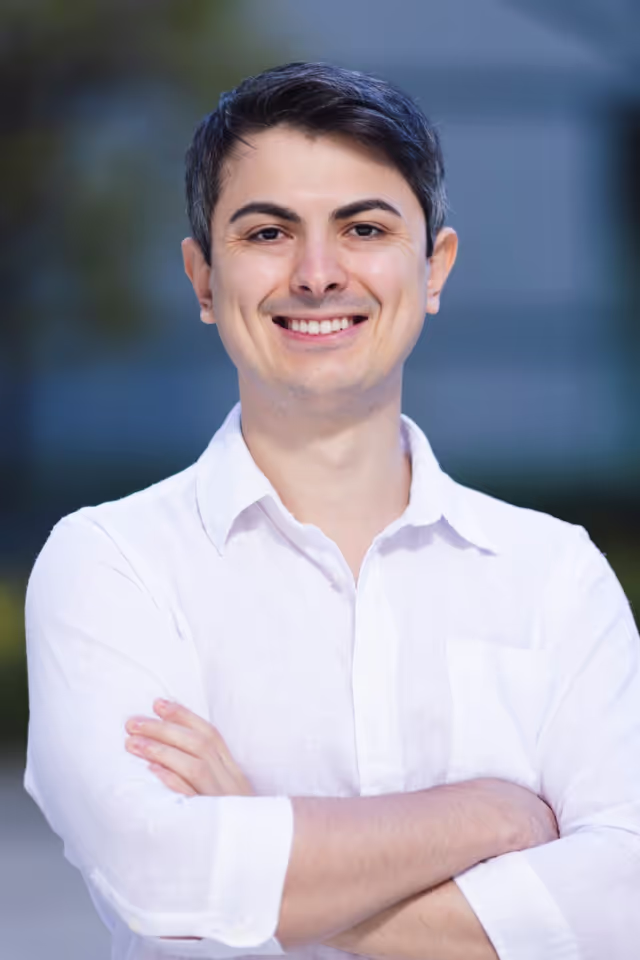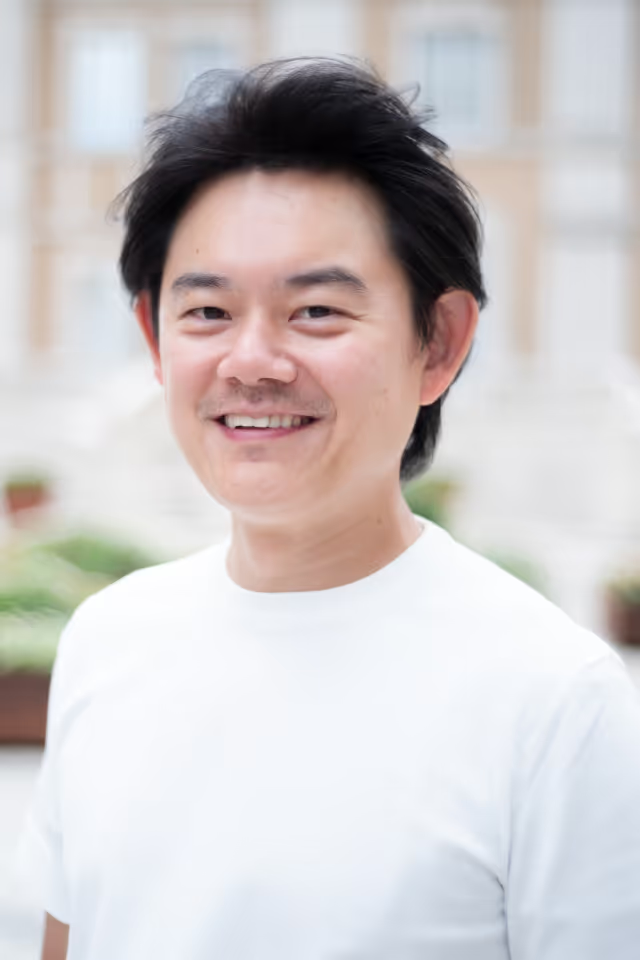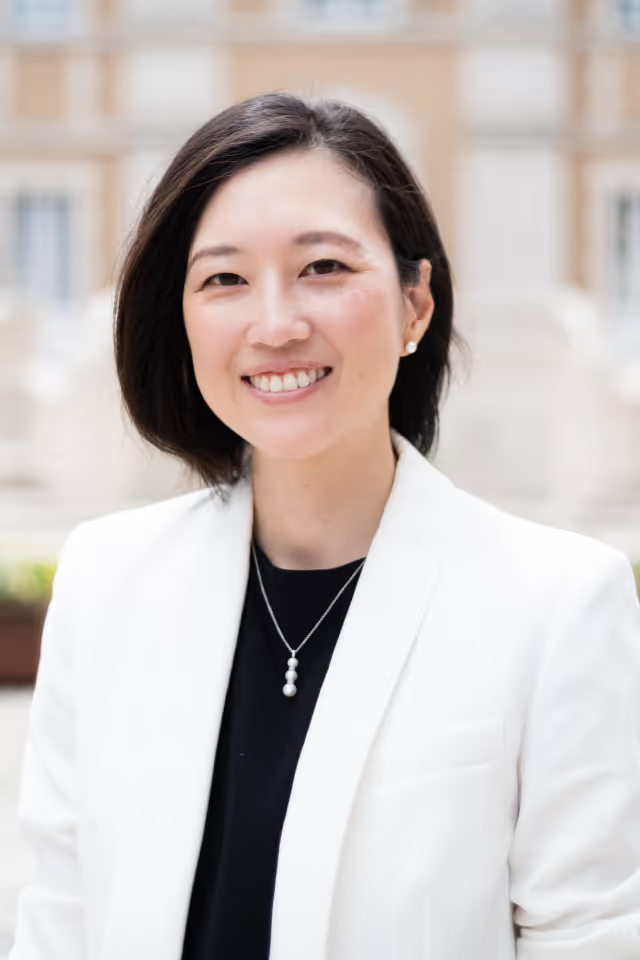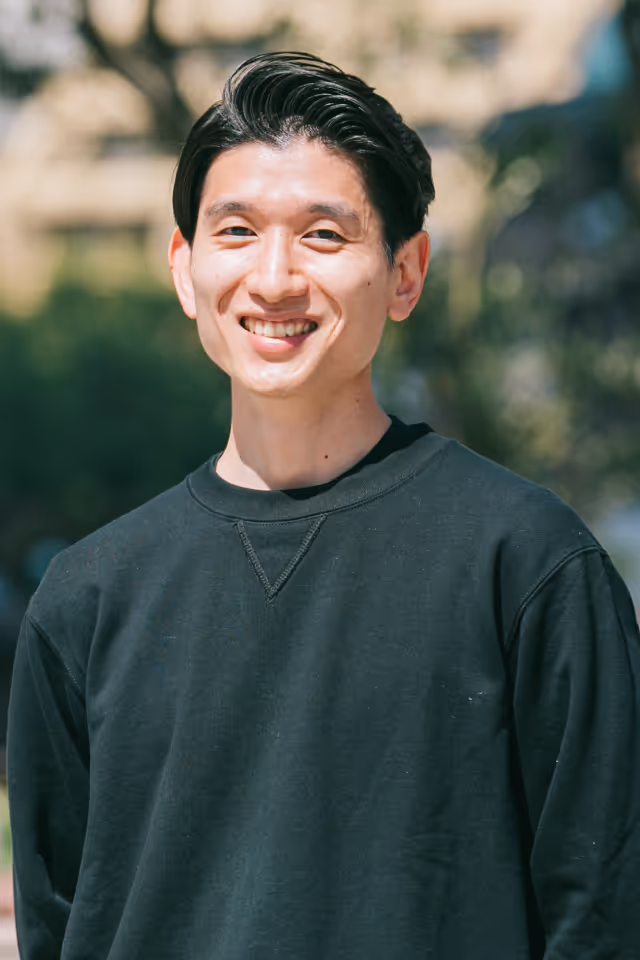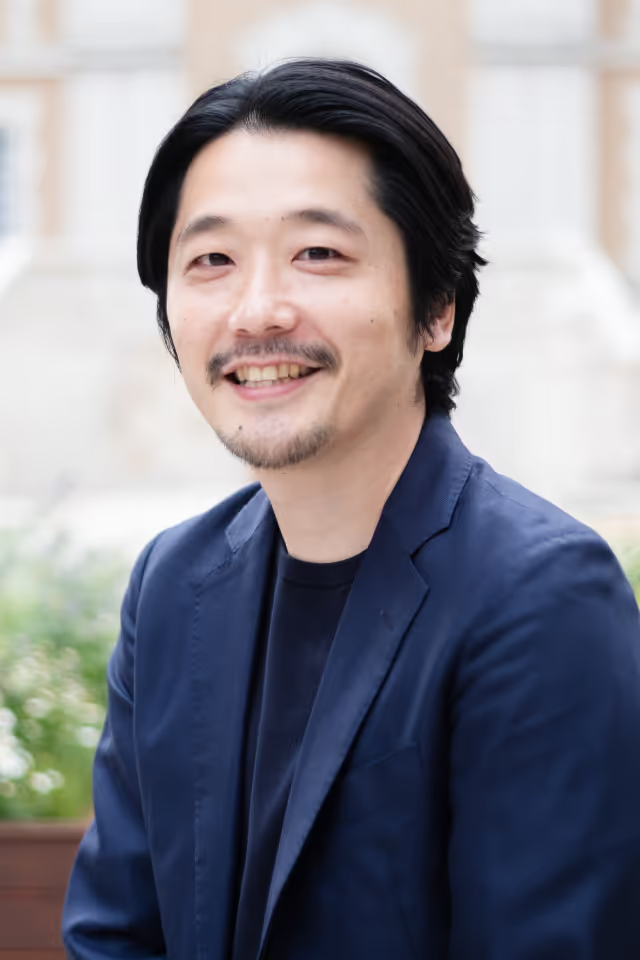On February 26, 2025, at the NIKKEI Semiconductor Symposium hosted by Nikkei Inc. and Nikkei Business Publications, Inc., Recursive’s Co-founder & COO of Recursive, Katsutoshi Yamada, participated in the panel discussion “Semiconductors Supporting the Future of Society.” Speaking alongside esteemed experts from industry and academia, he highlighted how advancements in semiconductor technology are unlocking new frontiers in AI.
During the panel, Yamada emphasized that, thanks to rapid progress in semiconductor technology, AI can now tackle challenges that were once too large to solve. When discussing Recursive’s long-term goals, he outlined the company’s 2030 vision, which aims to:
However, Yamada stressed that what truly sets Recursive apart is not just AI infrastructure but the company’s ability to hyper-personalize AI solutions for different industries and business needs. "We are committed to developing AI solutions that deliver real value at a global scale," he added.
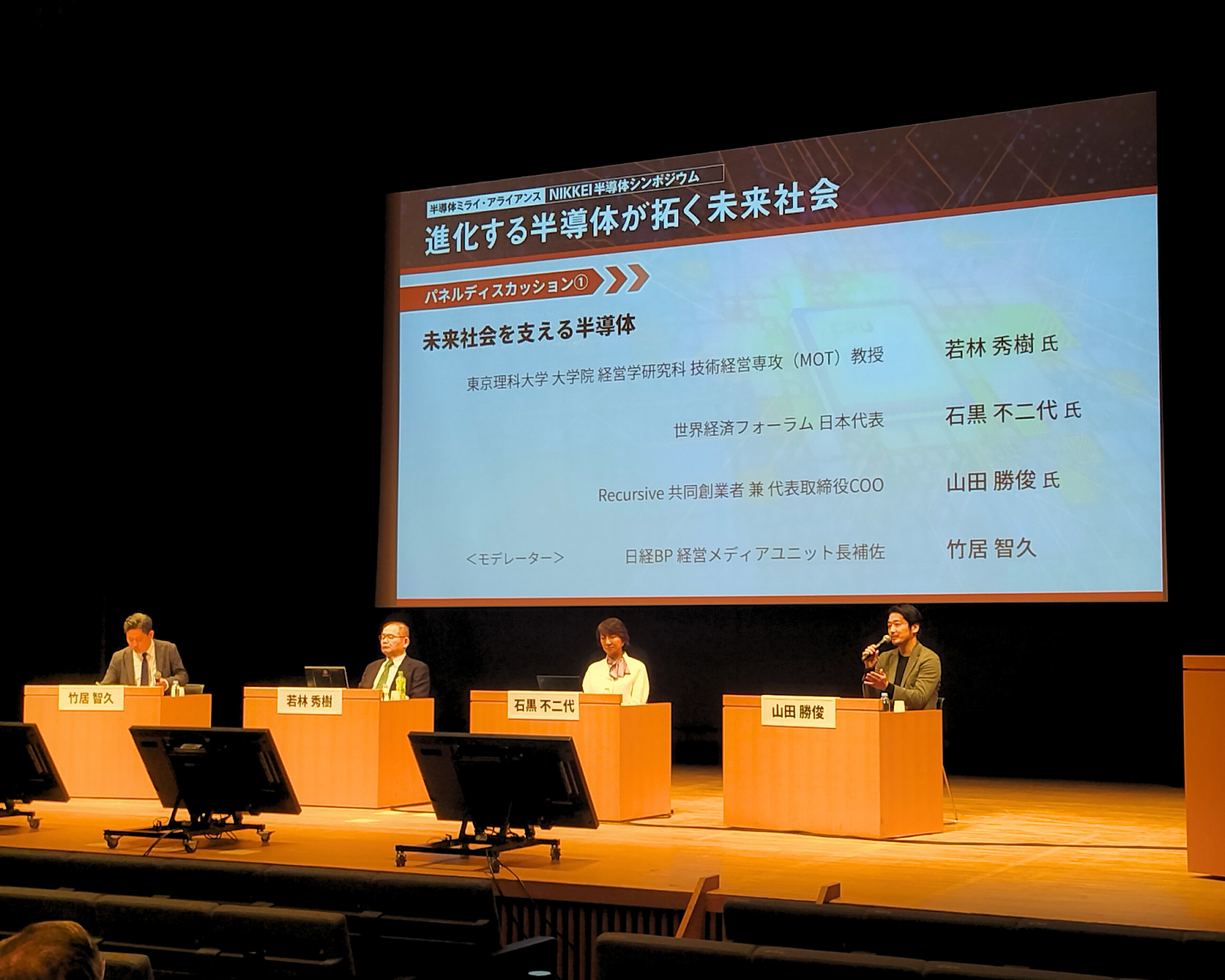
When asked how AI and semiconductors could help address Japan’s social issues, Yamada pointed to the country’s strengths in hardware and operational excellence—from world-class manufacturing to customer service. However, he emphasized the need to translate these advantages into software and AI applications to remain competitive in an evolving technological landscape.
One of Japan’s most pressing challenges is a shrinking workforce due to the declining birthrate and aging population. Each year, industries such as construction, logistics, and hospitality face an 80% increase in bankruptcy rates due to labor shortages. Yamada believes humanoid robots could play a significant role in addressing this issue, helping sustain industries that are struggling to find workers.
He highlighted companies leading the charge in AI-powered robotics, such as Figure AI, which recently began operations at BMW’s plant and plans to introduce 100,000 humanoid robots to the market within four years, and 1X, which is working with OpenAI to develop advanced robots for home use.
Despite Japan’s renowned expertise in hardware, Yamada noted a key concern: the country lags behind in AI and software integration. In fact, not a single Japanese company appeared in the latest ranking of the world’s top 16 humanoid robot developers—something that would have been unthinkable in the past.
Still, Yamada remains optimistic:
“Confidence in Japanese hardware remains high in the world. By updating people’s mindsets and combining Japan’s unique culture with software such as AI, Japan can create great innovations.”
Yamada’s insights at the NIKKEI Semiconductor Symposium underscored the urgent need for Japan to bridge the gap between hardware excellence and AI-driven software innovation. As advancements in the semiconductor industry continue to accelerate AI capabilities, Recursive remains committed to developing tailored AI solutions that enhance productivity, address societal challenges, and contribute to a more sustainable future.
Founded by a former senior research engineer at Google DeepMind, Recursive brings together world-class talent from across disciplines to engineer results where others can't.
